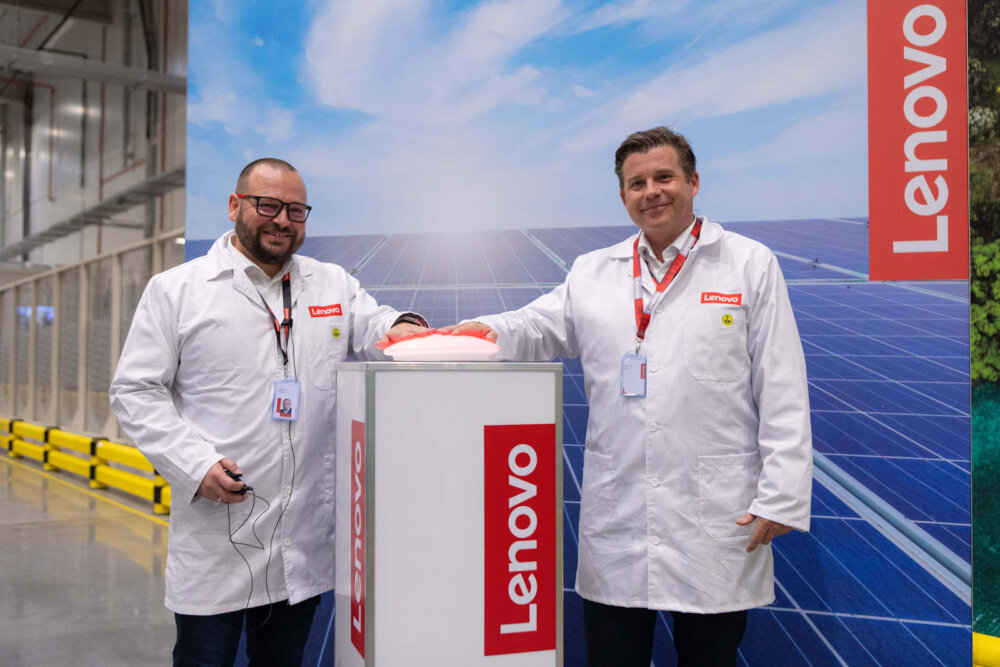
Nia Castelly, Co-Founder and Legal Lead, Checks: “Don’t cut corners early on if it may come back to bite you later”
We’ve all heard about Google’s 80/20 approach to work, where it allows employees with great ideas to pursue them in company time. So, they do their day job 80% of the working week, the project the other 20%. Nia Castelly‘s story, as Co-Founder and Legal Lead of Checks, shows exactly what can happen in that environment.
Even before founding Checks, it’s hard not to be impressed by Nia Castelly’s list of achievements. She was Senior Product Counsel for the Google Play Store, where she focused on mobile app distribution issues, platform policy and enforcement, product privacy and data protection policy.
Before joining Google, Nia was a senior litigator in New York and Washington, focusing on IP and commercial litigation. She earned her J.D. from Columbia Law School, and worked as an information security analyst for the federal government after graduating from Spelman College.
That’s quite a roster, so the obvious question is this: how did she go from killer idea to business success? You’ll find the answers below.
Related reading: What is data sovereignty?
What’s your elevator pitch?
Checks uses the power of AI to help simplify data privacy compliance for mobile app providers. Leveraging Google’s leading natural language processing technology, Checks decodes privacy policies at scale and monitors app behaviour to uncover compliance risks. As AI continues to transform industries, regulatory frameworks will evolve to address new ethical challenges. Checks is Google’s leading product assisting with data privacy compliance in the AI era, helping mobile app developers build trust by making robust privacy practices easier.
What problem are you trying to solve?
Building apps today is tougher than ever when it comes to adhering to privacy and compliance. There are so many moving parts — third-party SDKs, varying data practices, and complex regulations that constantly change and evolve. It’s a huge challenge trying to make sense of it all as a developer.
Developers spend way too many hours manually reviewing code, policies and network traffic to find where they might be falling short of compliance. And even after all of that effort, gaps likely remain. It’s just not realistic to manually keep up with the scale and pace of changes in the compliance landscape.
That’s why we built Checks — to automate away the grunt work involved in privacy and compliance. Checks uses AI to decode policies at scale, monitor network activity and alert risks in real-time. This allows developers to focus on building great products instead of chasing down compliance issues. It’s like having an expert sitting on their shoulder, flagging potential problems so they can proactively address them. That’s the peace of mind developers want.
Can you talk us through your journey so far? What’s a major milestone you’ve reached?
Checks was founded by myself and a fellow Googler, Fergus Hurley. With my legal background and Fergus’ developer background, we both understood the challenges faced around data privacy for tech innovators.
We decided to enter Google’s in-house incubator, “Area 120” for experimental new projects and startups, which allows Google employees to pursue innovative ideas and develop them into potential new offerings.
Given our rapid rise and success helping mobile app developers, like Miniclip and Headspace, representing 3+ billion collective downloads across the Google Play Store comply with privacy regulations globally, we exited to Google and are now a full-fledged Google product.

How has the startup scene at Google helped your own startup’s development?
Through Area 120 we had access to resources like funding, office space, and access to Google’s technical talent and infrastructure to help us build and launch Checks quickly. This gave us huge benefits as a startup compared to the traditional VC method.
It allowed us to bring our ideas to reality with more independence while still having the institutional support of Google behind them.
Where do you hope your startup will be in five years?
In five years, Checks will be the go-to platform for compliance for all digital products around the globe. Our vision is that Checks becomes the go-to standard that allows companies to build world-class apps without risking or being slowed by compliance issues.
Checks will be integrated into development workflows everywhere, so complying with privacy regulations is seamless and invisible. Developers should be able to focus entirely on creating innovative products and user experiences, not constantly scrambling to react to every new regulation or policy.
Our technology aims to scale to meet the needs of developers building apps of all sizes and complexity. This includes the evolving inclusion of AI in building apps and providing content in services. As a compliance platform, Checks will be well-positioned to ensure companies inclusion of AI in their app development and delivery is responsible and compliant.
Our goal is to enable an era where data compliance is no longer a headache for companies — it just works. I’m excited to see how transformative Checks’ impact will be over the next decade as we realise this vision.
What advice do you have for aspiring entrepreneurs and anyone looking to launch their startup?
When it comes to launching a startup, I always say — start how you want to finish. What I mean by that is don’t cut corners early on if it may come back to bite you later. For example, take the time to thoughtfully architect your data pipelines and security protocols. It’s much harder to retrofit these things after the fact. Pay the technical debt now or you’ll pay exponentially more down the line.
Also, leverage technology to make the hard stuff easier from day one. We built Checks to automate the tricky parts of privacy compliance, to help companies with the difficult task of being and staying aligned on privacy compliance across their teams. Lean on tools that simplify tedious or complex processes so that you can focus on doing what you do best.
Don’t be afraid to evolve your idea. You’ll learn and grow as you turn your vision into reality. The product you end up building may look quite different from your initial concepts — and that’s okay. Adapt based on a wide swath of feedback (both internal and external), market conditions, and your own creative insights. Stay agile and keep improving.
Last, but not least, stay passionate about solving a real problem that people care about. That purpose will drive you through the inevitable ups and downs of building a company. Focus on delivering tangible value, not just chasing hype. If you build something truly useful, customers will come.
We hope you enjoyed this interview
To learn from more inspiring entrepreneurs, check out the links below:
- Taha Zemmouri, Eden AI: “It’s very difficult to project that far ahead in an AI world where developments occur in weeks, not years.”
- Dharmendra Mohan, CEO of Sonet.io: “IT teams are still burdened with legacy tools that don’t match the modern workforce requirements”
NEXT UP

Optus appoints Stephen Rue as new CEO
Optus appoints Stephen Rue as the new permanent CEO as well as a new governance structure for him to operate under.

Why Lenovo’s customers want sustainable technology: youth, power bills and legislation
In an exclusive interview with Lenovo’s Global Head of Environmental Services, Stefan Brechling Larsen, we ask why its customers are finally asking for sustainable technology

Why DDoS mitigation should be seen as non-negotiable
DDoS mitigation can no longer be left to ISPs alone, argues Tony O’Sullivan, as this tactic is skyrocketing in popularity among threat actors – and businesses of every size are being attacked